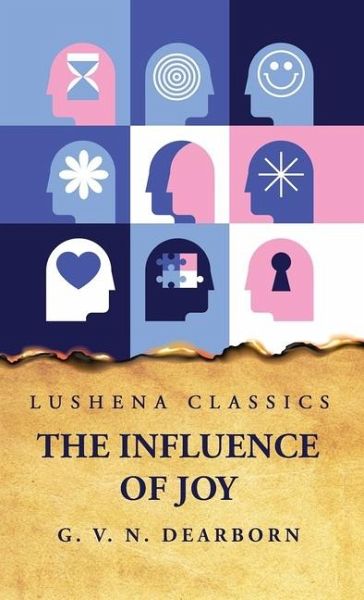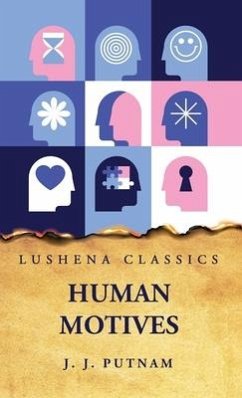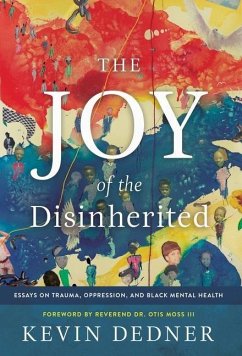Nicht lieferbar

The Influence of Joy
Versandkostenfrei!
Nicht lieferbar
"Happiness comes to us not as a reward of merit, but as a proof of worth. It is not a recompense for abnegation, but a natural satisfaction in normal life, an incalculable result of real deserving." - Bliss Carman.The author of this book. Professor George Van N. Dearborn, has the double advantage of being both a psychologist and a physiologist. He has himself made a special study of the physiology of the emotions, his interest in which dates from the nineties, when, as a graduate student at Harvard and Columbia Universities, he prepared as his thesis for the Ph.D. degree an essay on this same ...
"Happiness comes to us not as a reward of merit, but as a proof of worth. It is not a recompense for abnegation, but a natural satisfaction in normal life, an incalculable result of real deserving." - Bliss Carman.The author of this book. Professor George Van N. Dearborn, has the double advantage of being both a psychologist and a physiologist. He has himself made a special study of the physiology of the emotions, his interest in which dates from the nineties, when, as a graduate student at Harvard and Columbia Universities, he prepared as his thesis for the Ph.D. degree an essay on this same subject of joy. He has in particular studied the influence of joy on arterial pressure, and on "kinesthesia", - the "feeling of movement", - the importance of which from an educational point of view is only now beginning to be appreciated. Also he has specially studied the relation between joy and creative efficiency, as the reader will find. But in this book Professor Dearborn is careful to subordinate his own special researches and contributions in the interest of a well-proportioned, comprehensive survey of the work done by all who have shared in the task of scientifically studying the effects of emotional states on the organs and processes of the body. The result is a volume which should exercise a marked influence for good. It gives precisely the information essential to adequate appreciation of what active acceptance of the "gospel of joy" will mean in the way of increasing personal health and power. No man who would achieve, no man who would live long, happily, and prosperously, can afford to disregard or remain in ignorance of the facts here set forth. And for this reason, for the sake of contributing directly to the promoting of human welfare, it is to be hoped that Professor Dearborn's soundly scientific book will have a wide and careful reading













